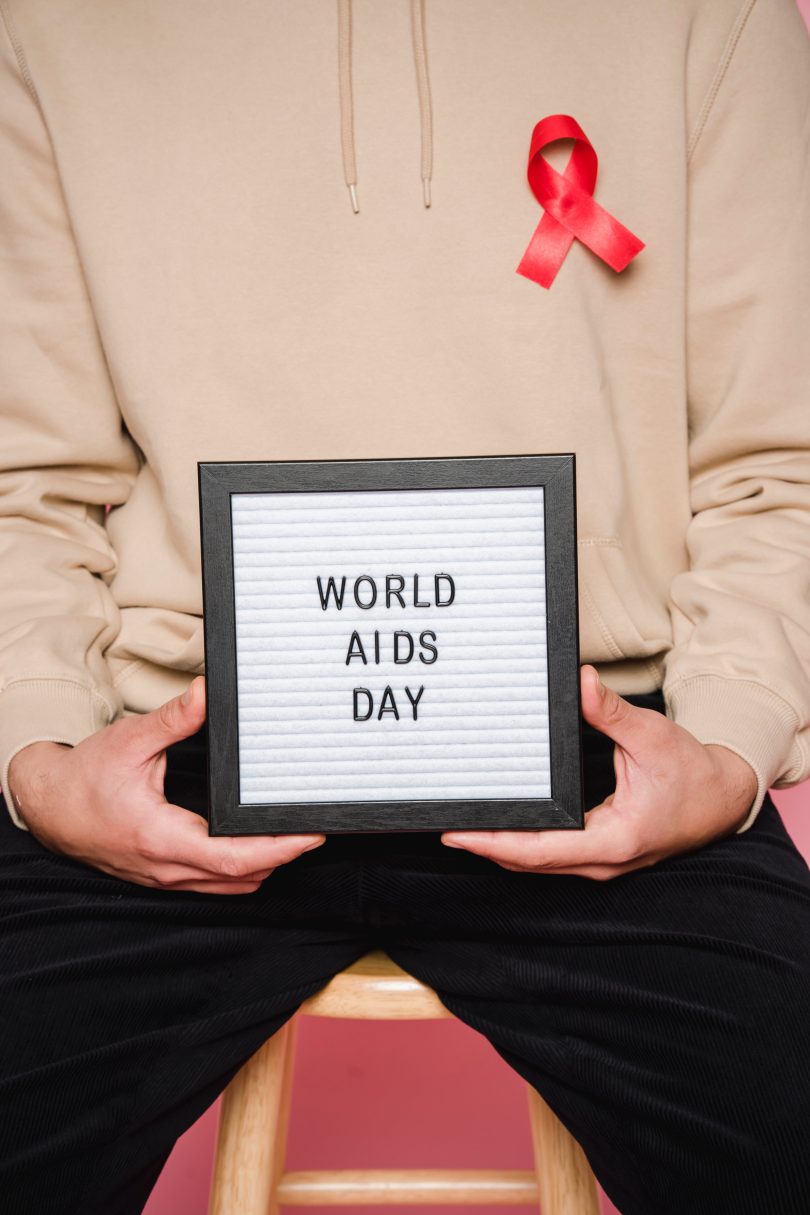Today marks World AIDS Day and the start of Indigenous AIDS Awareness Week.
British Columbia, once the epicenter of the HIV/AIDS epidemic in Canada, now has historically low levels of HIV infections. This means the virtual end of the domestic epidemic of HIV in the province, according to the BC Centre for Excellence in HIV/AIDS.
The BC-CfE’s progress can be attributed to the made-in-BC Treatment as Prevention® (TasP®) strategy, and the availability of government-funded HIV medication Pre-exposure Prophylaxis (PrEP) since 2018.
New HIV infections in BC have gone from about 1,000 cases per year during the peak of the epidemic to about 120 per year and have remained stable at that level over the last three years. Negative health effects and early deaths related to HIV have decreased by 90 per cent during the same period of time.
One AIDS death daily in early days of disease
“When the BC-CfE opened in 1992, one person in BC was dying from AIDS almost every day. Following our discovery that HIV treatment also stops HIV transmission, the BC-CfE developed the TasP® strategy, which proactively facilitates access to testing, treatment, and support for people living with HIV to halt the progression of the virus and AIDS-related deaths, says Dr. Julio Montaner, Executive Director and Physician-in-Chief of the BC-CfE. “Our experience in BC shows it is possible to stop HIV/AIDS as an epidemic. Policymakers and healthcare leaders across Canada must strengthen their commitment and match the success of the BC TasP® campaign nationally.”

A recent BC-CfE genetic analysis of all new people living with HIV (PLWH) diagnosed in BC over several decades, confirmed transmission cases in BC have become mostly sporadic. As a result, new clusters of HIV transmission within BC are at an all-time low.
Taken together, these results confirm that the BC combined TasP® + PrEP strategy has been successful in stopping the progression to AIDS and premature death among PLWH and decreasing HIV transmission among those at risk.
Collaboration leads to progress in lowering HIV rates
Adrian Dix, BC Minister of Health, says: “On the occasion of World AIDS Day, I am pleased to join the BCCfE in announcing that B.C. nears the end of HIV epidemic. This significant progress is made possible by the strong collaboration of government, communities and organizations.”
The BC Centre for Excellence in HIV/AIDS (BC-CfE) is Canada’s largest HIV/AIDS research, treatment and education facility, nationally and internationally recognized as an innovative world leader in combating HIV/AIDS and related diseases.





